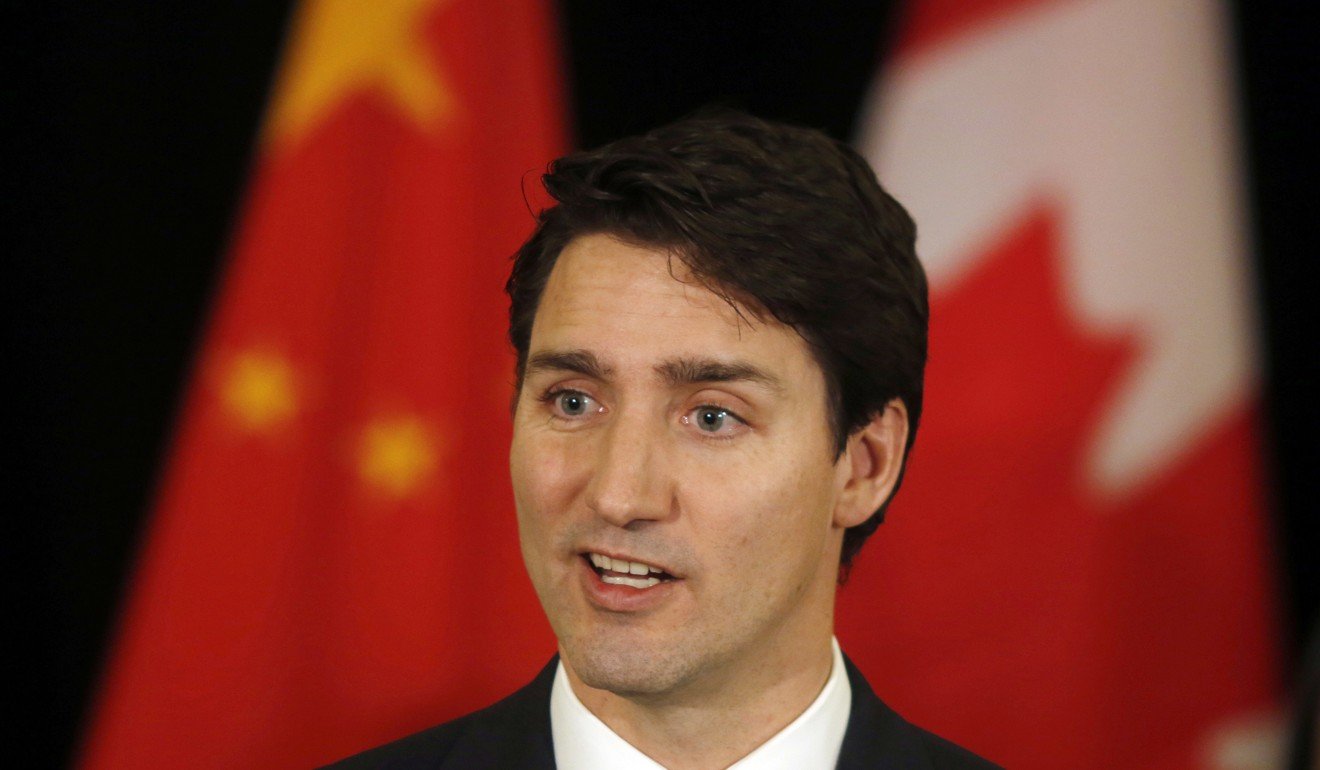Canada takes first formal step to challenge China’s canola ban at WTO
- Move comes as Ottawa complains of ‘not seeing progress fast enough’ after engaging with Beijing ‘at multiple levels’
- China blocked all imports of Canadian canola seed in March amid dispute over detention of Huawei executive Meng Wanzhou

Canada, locked in a major dispute with Beijing, is taking the first formal step at the World Trade Organisation to challenge China’s decision to block Canadian canola exports, Trade Minister Jim Carr said on Friday.
China, angry at Canada’s detention of Huawei Technologies executive Meng Wanzhou last year on a US arrest warrant, blocked all imports of canola seed in March on the grounds that they contained pests.
“We have continuously been engaging with China at multiple levels. The issue is that we’re not seeing progress fast enough and as we would with any trading partner, this is the next step,” Carr spokesman Michael Jones said.
Carr said in a statement that Ottawa was seeking bilateral consultations with China at the WTO. Under WTO rules, Canada and China should meet within 30 days, and if these talks fail, Canada can request adjudication by a panel.
The WTO timeline means there is slim chance of a resolution before Canadians vote in a federal election on October 21.
Polls show Prime Minister Justin Trudeau’s Liberals face a tough fight against the opposition Conservatives. Conservative leader Andrew Scheer, who has strong political support from Canada’s agriculture community, has attacked the prime minister for being weak in his dealings with China.
“I told Trudeau to take China to the WTO immediately. He had to think about it for over 120 days,” Scheer said on Friday, citing an April statement in which he called on Trudeau to launch a formal WTO complaint against China.
In 2018, Canada exported C$2.7 billion (US$2.1 billion) worth of canola seed to China, a market that accounted for around 40 per cent of all Canadian canola exports.
Canadian canola stockpiles surged to an all-time high this summer amid slumping sales to China.
“We’re disappointed that this action needed to be taken, but it is a necessary step,” said Jim Everson, president of the Canola Council of Canada.
In May, Ottawa extended a federal loan programme to offer more financial aid to canola seed farmers. China has also blocked imports of Canadian pork and beef.

John Guelly, chairman of the Alberta Canola Producers Commission, said the WTO move was “definitely something we’ve been asking for some time”.
Normally at this time of year, Guelly has sold up to one-third of his new harvest through contracts for forward delivery. This year, he has sold none of it.
Carr made his announcement a day after Foreign Minister Chrystia Freeland said both Canada and China had formally approved each other’s choice of new ambassadors.
China, which insists Ottawa release the Huawei executive, has also arrested two Canadian men and charged them with spying.
The Chinese embassy in Ottawa had no immediate comment.